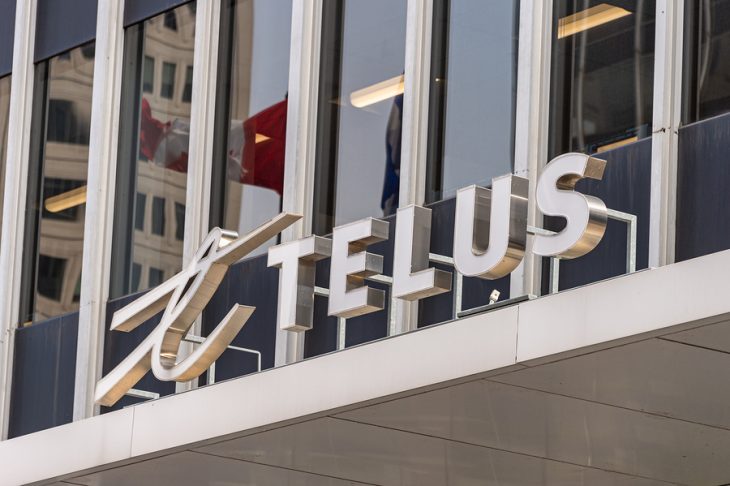
By Ahmad Hathout
VANCOUVER – As the British Columbia government prepares to take bids for a new telecommunications services agreement proposal expected for this summer, the province reported in a quarterly report last year that it had saved $471 million with its existing deal with Telus.
The savings are outlined in the performance report for the period ending on March 31, 2022, which was obtained from a freedom of information request. The existing 12-year Telus deal, signed in 2011, is worth $1.6 billion with commitments from the Vancouver-based telecom to invest in the province, including building cell towers and upgrading existing networks. The agreement does not preclude parts of the government from using other telecoms for services.
The savings are relevant because the province is moving away from a telecom procurement methodology that focuses on a “strategic” deal, as the Telus deal is, and toward one that emphasizes price and better value.
That reality prompted Telus CEO Darren Entwistle to send a seven-page letter to former B.C. premier John Horgan in March last year warning that such a move would jeopardize the telecom’s investments and force it to move its headquarters out of Vancouver.
“It is my strong and sincere recommendation that your government consider pursuing a new, competitively procured telecommunications services agreement based on maximizing the strategic value required by your government and the citizens of the province over the next decade and beyond,” Entwistle said in the letter.
The province, however, is sticking to the new objective. The telecommunications ministry, Citizens’ Services, noted that the telecom market has changed significantly since the Telus deal was signed, and that the other large telecoms have invested significantly in the province.
The performance report was weighed against objectives of the Telus deal, including a demonstrated value for money for public sector entities, achieving a highly connected province, and meeting or exceeding the obligations set out in the deal. The report outlined that all objectives have either been completed or are on track for completion.
The savings outlined in the report include a deal signing benefit, a cellular price in-building enhancement, progressive data discount benefits, conferencing, negotiated cellular prices, and elimination of quality-of-service fees on data.
Completed connectivity projects as part of the deal included 1,721 kilometres of cellular coverage on highways, 98 communities connected to high-speed internet, 73 communities receiving bandwidth upgrades, and 378 schools receiving fibre upgrades.
Other network expansion projects included 5G for BC wildfire centres and First Nations Health Authority headquarters.
The province said in the report that it is developing an end-of-term plan “to ensure the successful completion of the Deal,” as it prepares a new procurement for telecom services.
The deal was signed with twelve government entities, including Citizens’ Services, BC Hydro, WorkSafeBC, and seven health authorities. The deal had an original life of 10 years, but was extended by two years in July 2021.
Telus is in a peculiar position, as it stares down the possibility of not having a renewed deal with the government, the prospect of Rogers acquiring its west coast rival Shaw, and a possible Videotron competitor that is promising lower service prices in its home court.


